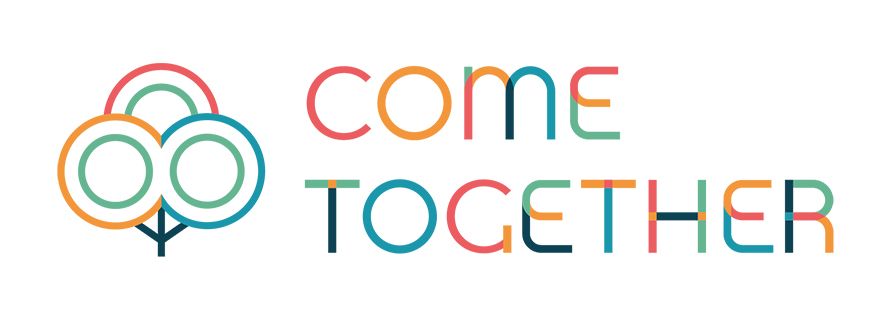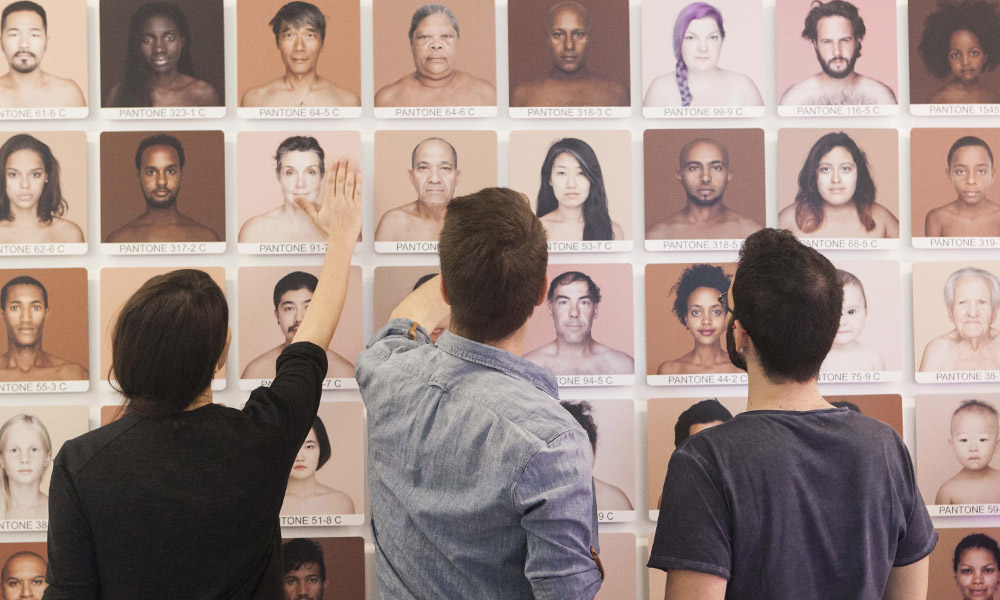Museums, as socially responsible institutions, are called upon to raise awareness about the climate crisis and open up space for discussion with diverse social groups about measures to mitigate it. It is important that they connect with other actors who address such topics and who can invite marginalized social groups to the discussions. Because the climate crisis and the problems of social inequality and exclusion are rarely addressed together, we prepared a training in the Come Together! project that connected both issues. In doing so, we looked at both crises in light of theoretical insights as well as practical approaches to communicating and raising awareness about both.
 |
Connecting social inequality and injustice with the environmental crisis was the fundamental goal of the training. Foto: Tina Palaić |
Dr. Lučka Kajfež Bogataj, a climate change expert, informed us about climate change and the impacts of the environmental crisis on marginalized social groups. Science communicator Dr. Zarja Muršič presented ways of communicating about the environmental crisis with different audiences, and journalist, writer, and Roma activist Sandi Horvat presented the characteristics and needs of the Roma community in the implementation of various activities in Roma settlements. In doing so, he pointed out the numerous stereotypes and prejudices that the majority community has about Roma people. The training was conducted by museum educator and curator Katarina Nahtigal and curator Tina Palaić from the Slovene Ethnographic Museum.
 |
Sandi Horvat during the lecture and discussion about the Roma community with the training participants. Foto: Tina Palaić |
 |
| In her lecture, Dr. Lučka Kajfež Bogataj presented the fundamental facts about the climate crisis and connected them with the vulnerability of certain social groups. Foto: Tina Palaić |
 |
| Dr. Zarja Muršič focused on communicating scientific findings to various social groups according to their specific characteristics and needs. Foto: Katarina Nahtigal |
 |
| The participants exchanged their experiences and perspectives on the discussed topic through a series of interactive activities. Foto: Katarina Nahtigal |
 |
| Foto: Tina Palaić |
🔊“I liked that the training was interactive, that the participants cooperated a lot, exchanged knowledge, our personal experiences … I learned new dimensions, knowledge about members of the Roma community, about organizing activities, adapting to target groups, thinking about alternatives regarding climate change.”
We sincerely thank everyone who contributed to the successful implementation of the training with their experiences and understanding of the topic!

